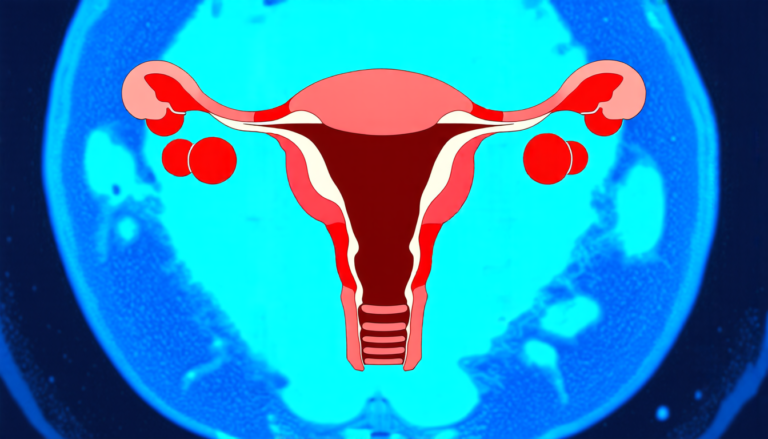Tuesday 29 July 2025
Scientists have made a significant breakthrough in reducing carbon emissions from cloud computing, a crucial step towards a more sustainable future. Cloud computing is a ubiquitous part of modern life, powering everything from social media to online banking. However, its energy-hungry data centers are a major contributor to greenhouse gas emissions.
Researchers at the KTH Royal Institute of Technology in Sweden have developed a new framework, called MAIZX, which optimizes cloud operations by dynamically allocating resources based on real-time carbon intensity data. This innovative approach can reduce CO2 emissions by up to 85.68%, making it a game-changer for the industry.
The MAIZX framework uses an agent-based ranking algorithm that takes into account various factors such as power consumption, computing node efficiency, and workload compatibility. This allows it to identify the most energy-efficient nodes in the cloud infrastructure and allocate workloads accordingly. The system can also adapt to changes in carbon intensity over time, ensuring that emissions are minimized throughout the day.
To test its effectiveness, the researchers simulated various scenarios using real-world data from three regions: Spain, the Netherlands, and Germany. They found that MAIZX consistently outperformed traditional cloud management approaches, resulting in significant reductions in carbon emissions.
The implications of this breakthrough are far-reaching. If implemented on a large scale, MAIZX could help to reduce global CO2 emissions by 20 million metric tons per year. This is equivalent to the annual carbon footprint of around 90 million trees or removing approximately 2.44 million cars from the road.
Furthermore, MAIZX has the potential to save significant amounts of money for cloud computing companies. By reducing energy consumption and associated costs, these businesses can reinvest resources in more sustainable practices and innovative technologies.
The development of MAIZX is a testament to the power of interdisciplinary research. The team consisted of experts from computer science, engineering, and environmental science working together to tackle one of the most pressing issues of our time.
As we move forward into an increasingly digital future, it’s crucial that we prioritize sustainability. Breakthroughs like MAIZX remind us that technological innovation can be a powerful tool in the fight against climate change. With continued research and development, we can create a more environmentally friendly cloud computing landscape, paving the way for a more sustainable tomorrow.
Cite this article: “Game-Changing Framework Cuts Cloud Computing Emissions by Up to 85%: MAIZX Breakthrough”, The Science Archive, 2025.
Cloud Computing, Carbon Emissions, Sustainability, Data Centers, Energy Efficiency, Maizx, Framework, Agent-Based Ranking Algorithm, Co2 Reduction, Environmental Science.







